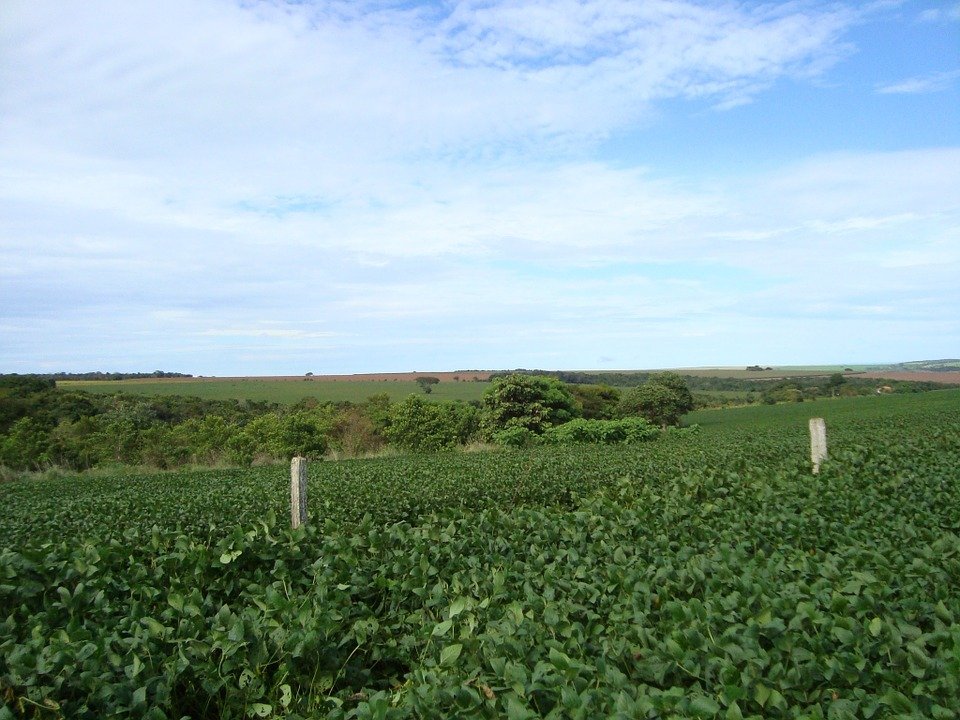Inside BENEO’s new pulse plant: pioneering sustainable protein from faba beans
Illegal cultivation of a genetically modified food crop, GM soybean, which is herbicide-resistant has been reported for the first time from the Aravalli district in Gujarat.
A national farmers organization, BKS has claimed that Gujarat farmers have been cultivating herbicide tolerant crop illegally as there is no clearance from the government for any GM food crop yet. They recently lodged a complaint with the Gujarat state government and the central regulator Genetic Engineering Appraisal Committee (GEAC) about the illegal cultivation of GM soya in Aravalli district, in villages near Modasa town. The Gujarat government is reported to have swung into action immediately to seize the stocks and get them tested, which subsequently were confirmed to be genetically modified, herbicide tolerant soya. It is unclear however what the source of the seed is, and what is the extent of its illegal cultivation.
The presence of this GM soya cultivation not only threatens to become an irreversible threat to our environment and health, but also threatens the niche advantage that Indian non-GM soya was enjoying in the global markets, of fetching higher prices for Indian soya, given the large demand for non-GM soya in the world markets. This market is now threatened seriously.
This discovery of illegal GM soya cultivation comes at a time when India is about to host an Organic World Congress, the biggest congregation of the organic farming movement of the world, in Greater Noida on 9th, 10th and 11th of November 2017.
Ironically, India’s first GM crop cultivation – Bt cotton – was discovered in 2001 growing on thousands of hectares in Gujarat, spread surreptitiously and illegally by the biotech industry. Around the same time of the year in 2001, the Genetic Engineering Approval Committee (GEAC) was caught off-guard when news about large scale illegal cultivation of Bt cotton emerged, even as field trials that were to decide whether India will go for such GM crops or not were still underway. GEAC had ordered the destruction of all the illegally-produced GM material after confirming the presence of transgenic material, and asked for the purchase of such material from farmers if needed by the state government for destruction by burning. However, in March 2002, it ended up approving Bt cotton for commercial cultivation in India, and to this day, no liability was fixed for the illegal spread which presented a fait accompli to the regulators.
The Coalition notes that illegal herbicide usage is an issue that marks illegal herbicide tolerant GM crop cultivation, and asked for an immediate action on weed-killer sales on unauthorised crops like cotton, mustard and soyabean. It pointed out that that this also showcases the failure of pesticide regulators in the country, and called for a ban on the use of glyphosate, also given its many other known negative fall-outs on health and environment.
GM HT soya cultivation in other countries is well documented to cause numerous problems – agri-chemical usage increase, soil health effects, impact on beneficial organisms like bees and monarch butterflies, health impacts from glyphosate used on the HT crop, increase in resistant ‘super weeds’, farmers caught in the trap of proprietary/patented treadmill technologies and decrease in yields. In India, the additional socio-economic issue of huge employment loss for poor agricultural household by the deployment of herbicide tolerant seed technology is also an important matter of concern. Numerous official committees have repeatedly recommended against the introduction of such HT crops in the country, keeping all of this in mind.
The campaign alliance threatened that it will launch a nationwide campaign if the regulatory body and the government do not swing into action immediately.

